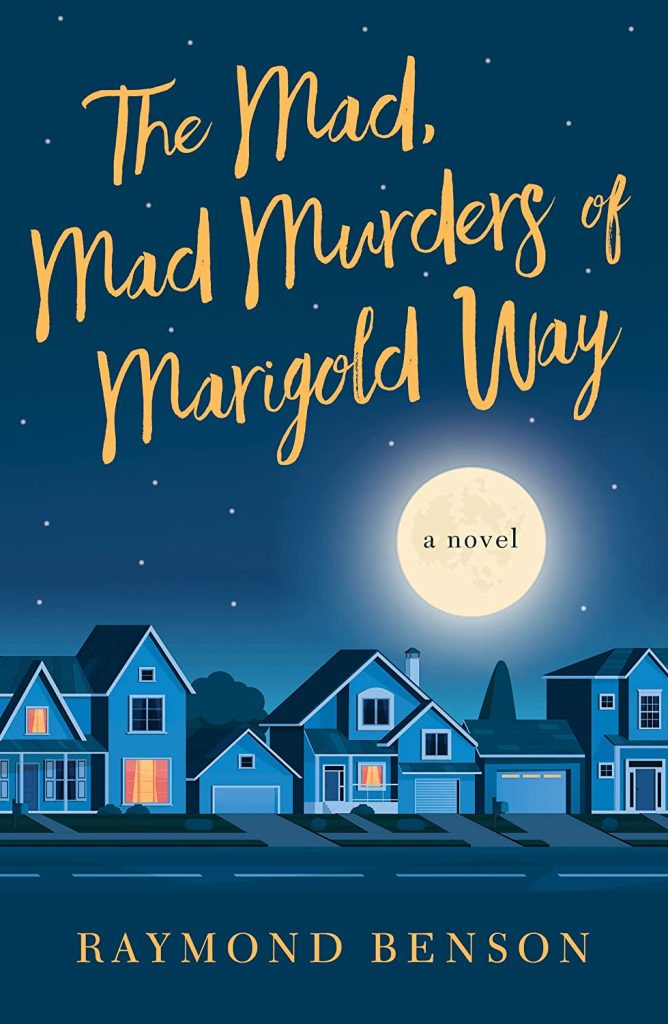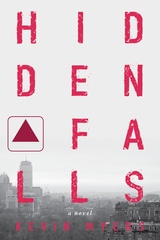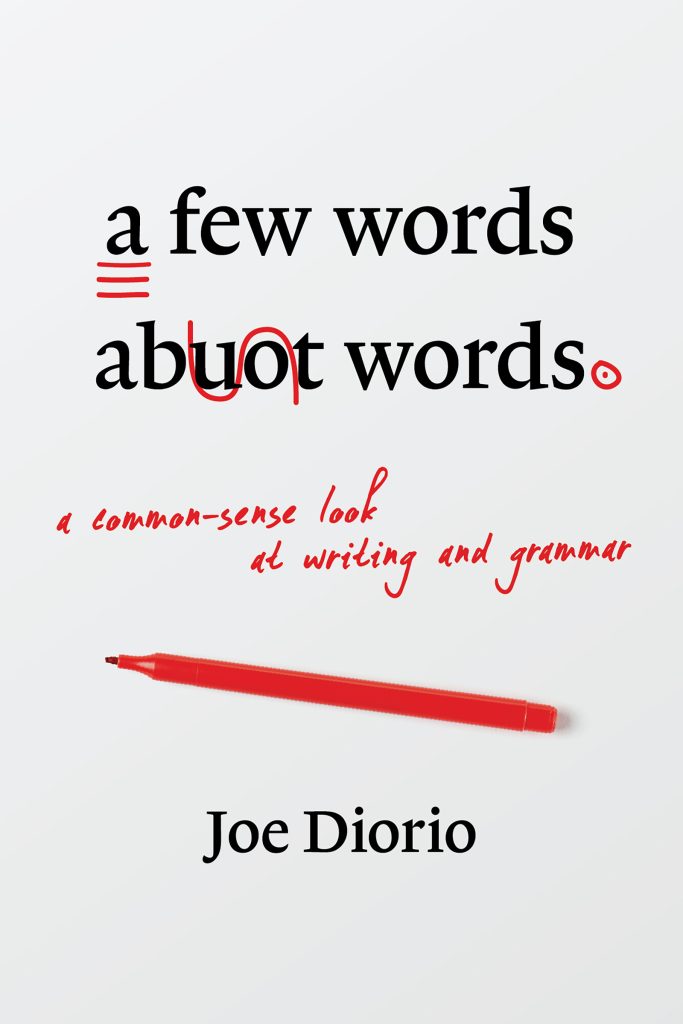Call me, beep me, if you want to reach me, it’s Kim Beaussible reporting for duty as one of your new Beaufort Books Interns for Fall of 2023 (somehow it’s that year). Allow me to introduce myself.
I’m a freelance editor from Oregon with a Master’s degree in Book Publishing from Portland State University and a former member of Ooligan Press. Before then, I graduated from the University of Denver Publishing Institute and completed my undergraduate degree at the University of Oregon where I majored in English with a minor in Writing, Public Speaking, and Critical Reasoning. Books and great writing have always been my passion, but growing up somewhere that cable TV can’t reach may have influenced that (I didn’t actually get to watch Kim Possible unless I was at a friend’s house or until we got satellite when I was in high school). Now that I’m here at Beaufort, I’m excited to continue to learn and share my knowledge with authors and audiences who love the world of books just as much as I do.
Personally, I read far and wide across the bookstore from literary fiction, fantasy, general/contemporary fiction, thrillers, mythological retellings, and many more. Much like the rest of the Beaufort staff, I mainly just enjoy a well-written book, but the genre varies. Now that we know each other a little better, let’s talk about BOOKS because I don’t know about you but I’ve read some interesting ones in the past few years that I can’t stop thinking about and I have to tell someone else about this one.
As a reader and editor, I’ve been thinking about expectations lately. Years ago when I had creative writing classes, the issue I ran into was that my plots always felt somewhat predictable or lacked the creativity other writers had. However, being an editor is rather different. You’re presented with someone else’s story, fact or fiction, and are asked to help package it. Packaging can mean different things (editing, cover design, etc.) but it’s largely about meeting the audience’s expectations, whether that’s for genre, form, or other book-loving criteria. And there’s nothing worse than reading a book that doesn’t meet them, and I expect a lot from my authors. Tomorrow, and Tomorrow, and Tomorrow by Gabrielle Zevin is one book I went into with somewhat high expectations. As a story about a platonic male-female, two-decade friendship I expected to be moved by the ups and downs of having friends for that long, especially one of the other sex and who you work with. Sam, the male protagonist, had characterizations and mannerisms as a shy, too-smart-for-his-own-good nerd that reminded me of my older brother. He has a unique worldview, finding comfort in the world of video game development, and Zevin’s writing allowed me to connect him with someone in my own life. That’s all to say, she had already started to meet my expectations. What I hadn’t anticipated was the gut wrenching chapter entitled NPC: The Nonplayable Character. If you’ve read the book, you’ll remember it as the one where you’re sobbing so hard you actually have to put the book down. That chapter exceeded any expectations I had. It was one of those moments as an editor that I knew this was the reason the book had made it out of the slush pile, I had never read anything like it. Zevin had shifted her writing style entirely for the chapter, giving us an unexpected perspective and changing the entire dynamic of the book. The defiance of my expectations is why I still talk about this book more than a year after completing it.
In writing, much like in life, things don’t always turn out the way we expect, which can be the best part of reading. The mark of a good writer or editor is to know what expectations to uphold and when to deliver the unexpected, managing and balancing them in perfect harmony.
Signing off, your basic average girl, here to save the world of books,
Kim Beaussible






